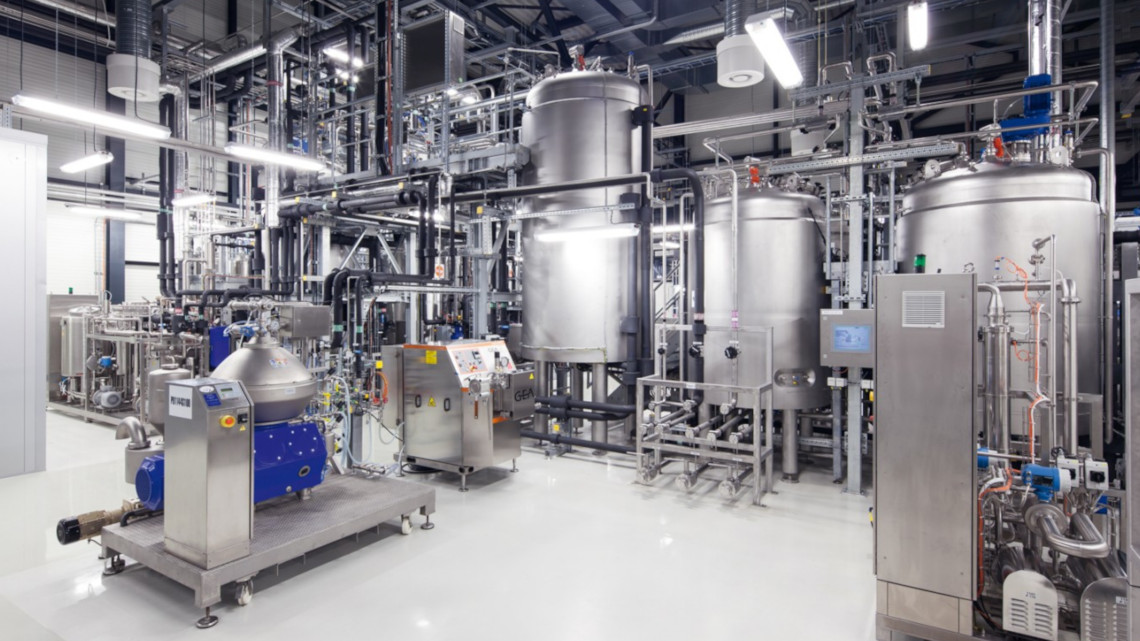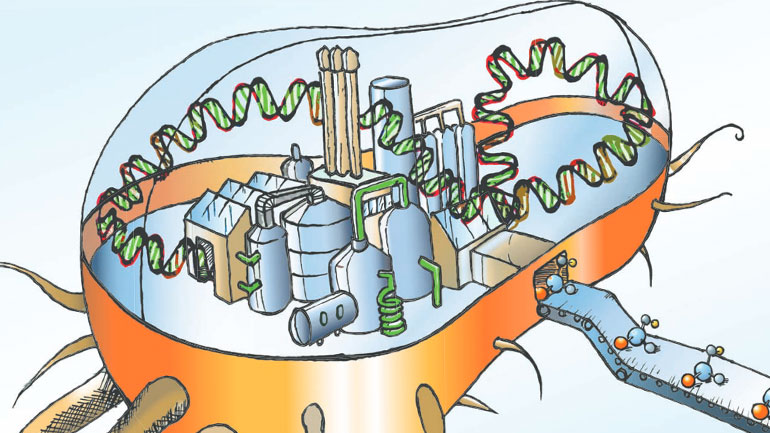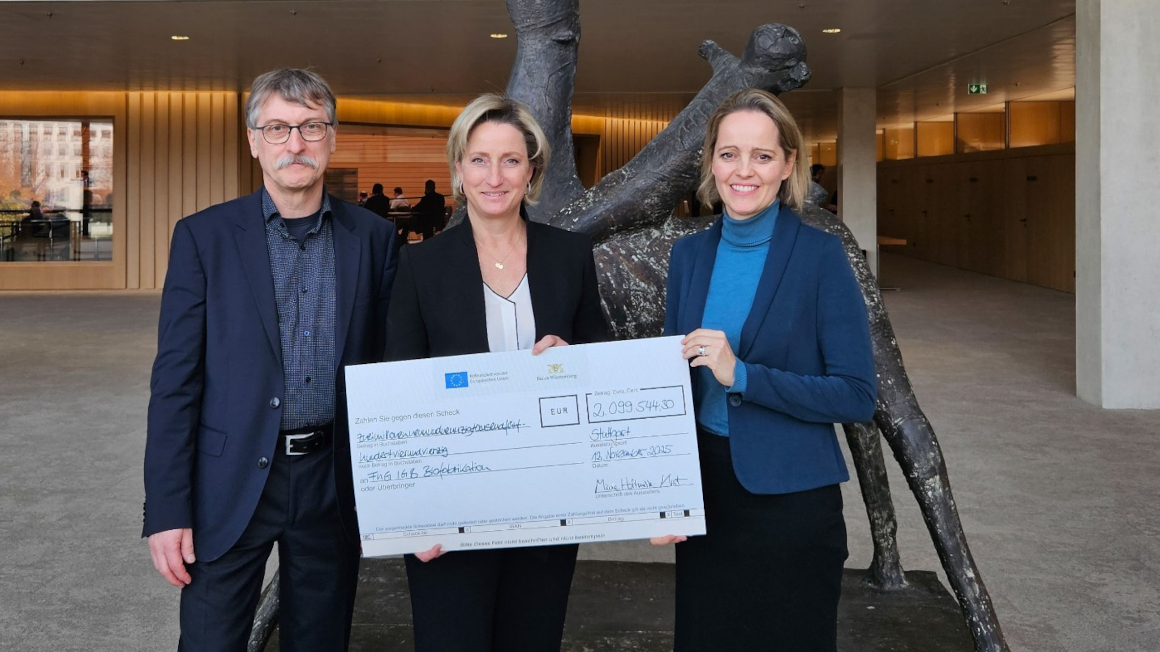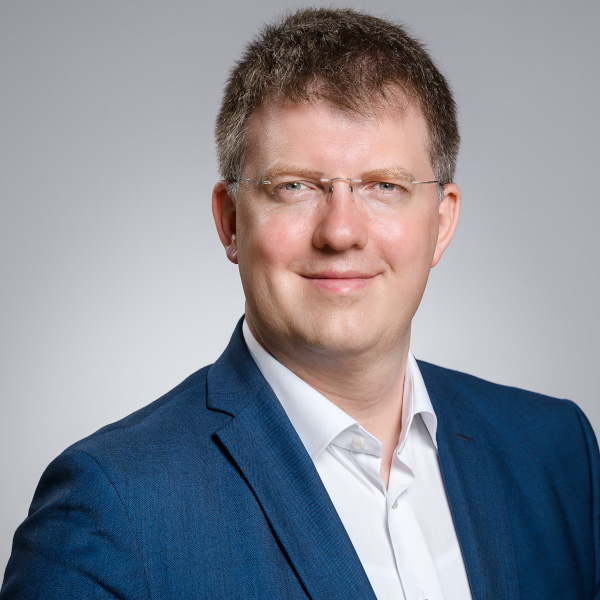BioEconomy HUB: Sugar instead of oil
Green chemistry instead of coal and oil: With the construction of the BioEconomy HUB in Leuna, Central Germany wants to promote bioeconomic business ideas and shape structural change in the region.

The coal exit has been decided. In 2038, the extraction and use of the fossil raw material is to come to an end nationwide. This was laid down by the German government in the Coal Exit Act at the beginning of July. Regions like Saxony-Anhalt and Brandenburg are now facing the challenge of structural change. In Central Germany, the bioeconomy as a promising economic sector is expected to guarantee the urgently needed innovation push. For this reason, the Fraunhofer Center for Chemical-Biological Processes CBP in Leuna and the BioEconomy Cluster in Halle intend to establish a BioEconomy HUB.
Driving forward bioeconomic business ideas
The new technology and service centre is primarily intended to support young companies in the field of bioeconomy on their way from idea to marketable product. "Young companies not only find a physical home here in the form of office and laboratory space, but can also draw on existing pilot plants and established infrastructures, services and networks, which can help them to survive in a difficult phase of their business development," explains the head of CBP, Gerd Unkelbach. "CBP acts as a service provider, especially with its many years of expertise and its capacities in the field of scaling up biorefinery processes or industrial biotechnology processes. This is how we assist bioeconomy companies."
BioEconomy HUB at the industrial site of Leuna
The new building is to be constructed in the direct vicinity of Fraunhofer CBP in Leuna. The BioEconomy HUB is to ensure the provision and project-related operation of facilities for the chemical and biotechnological conversion of renewable resources including production personnel at a central industrial site. "Entrepreneurs in the bioeconomy are faced with special challenges that we can help them with," said Unkelbach. Therefore, the planned centre should not only be a contact point for young companies to develop marketable products at low cost. The gates for the development and expansion of bioeconomic business models are also open to small and medium-sized as well as large companies.
Effects expected for the region's economy
The initiators hope that the innovative power of the BioEconomy HUB will have long-term effects for various branches of industry in Saxony-Anhalt, such as the sugar, starch, wood-based panel or cellulose industry, but also for Central Germany as a whole. University research should also benefit from the proximity of the technology centre.
"The bioeconomy is a high priority future industry for Saxony-Anhalt and the Central German region. It is our goal to establish economic growth cores and to further establish and expand new biobased value creation chains - building on what already exists in the region," explains Matthias Zscheile, CEO of BioEconomy Cluster Management GmbH.
The construction of the BioEconomy HUB is still in the conception phase. The initiators hope to bring further partners from research and industry on board. "The wider the support we receive, the faster and more efficient the Bioeconomy HUB will be able to make its impact," says Zscheile.
Model region for sustainable chemistry
Industrial chemistry has been established in Leuna for centuries. The Fraunhofer CBP has been operating a biorefinery research center there since 2012. In 2022, the world's first industrial scale biorefinery for the chemical processing of beech wood is to go into operation here. Finnish UPM, one of the world's leading producers of paper, pulp and wood products, plans to invest EUR 550 million in this project. CBP boss Unkelbach is convinced that the structural change for Saxony-Anhalt associated with the coal phase exit is the chance for it to become a model region for sustainable chemistry in Germany.


